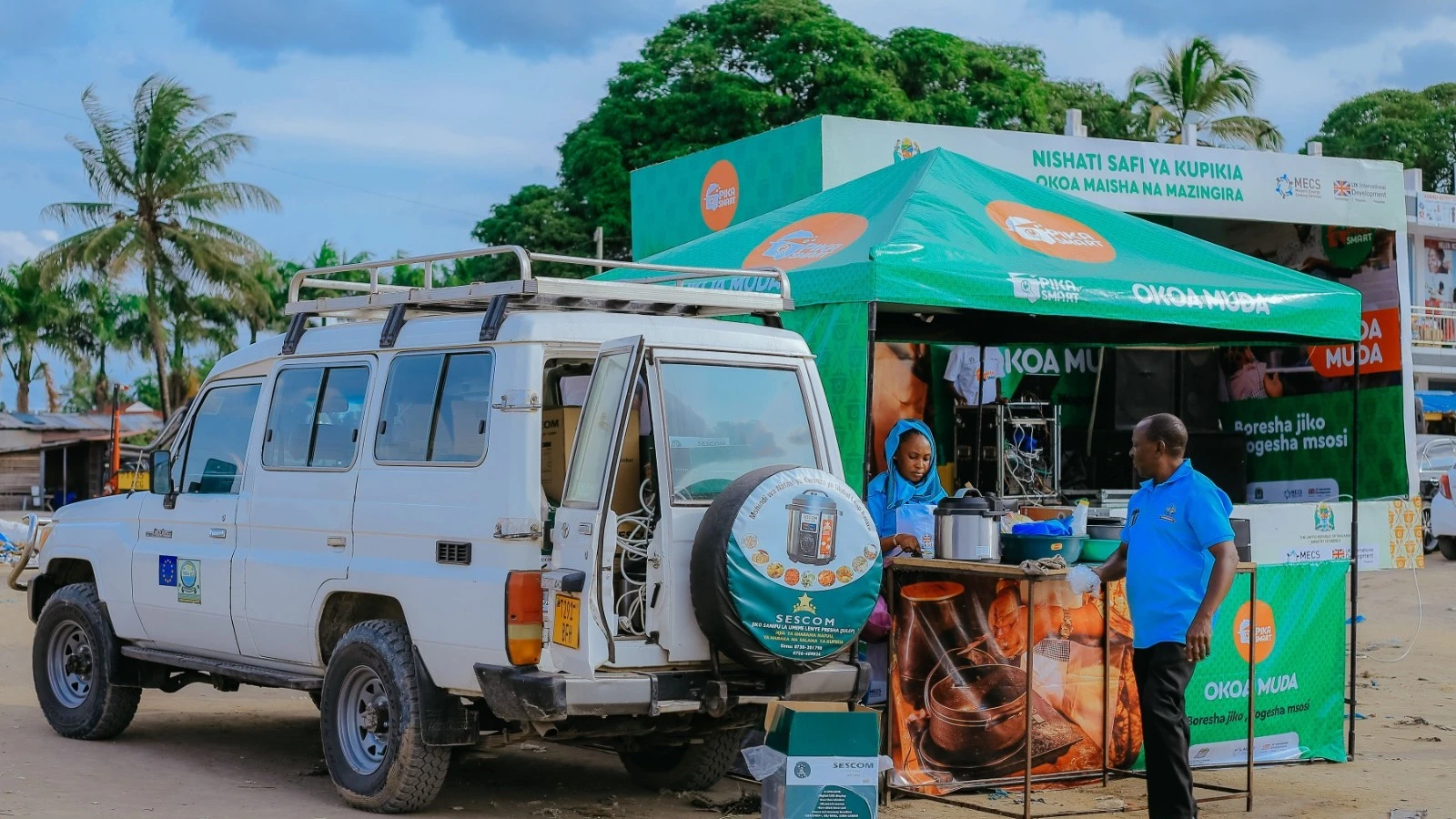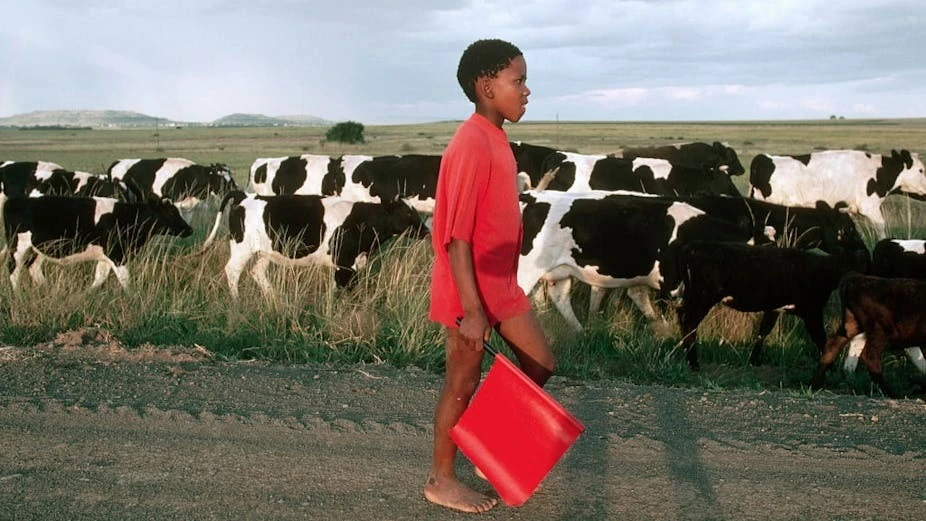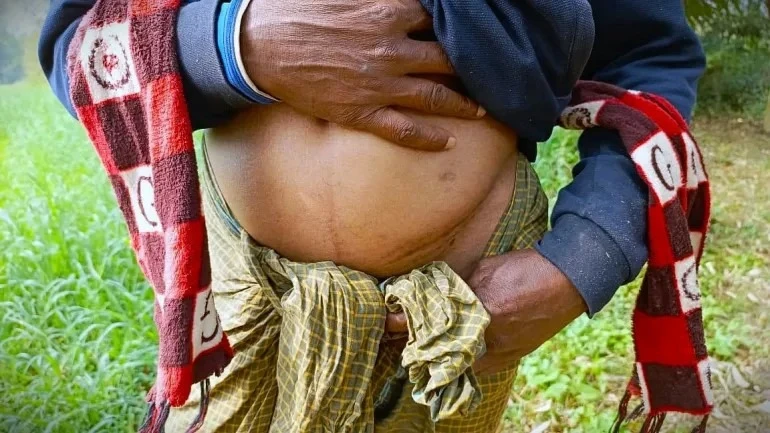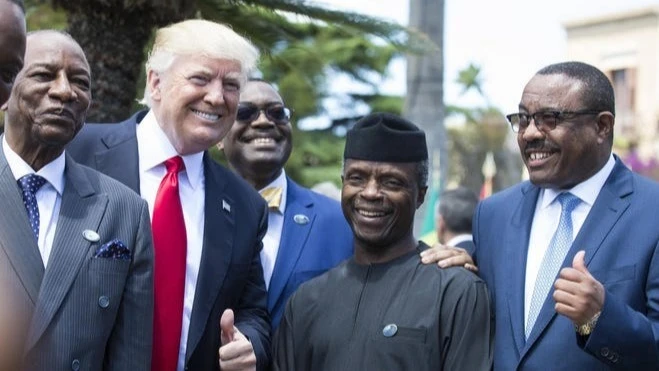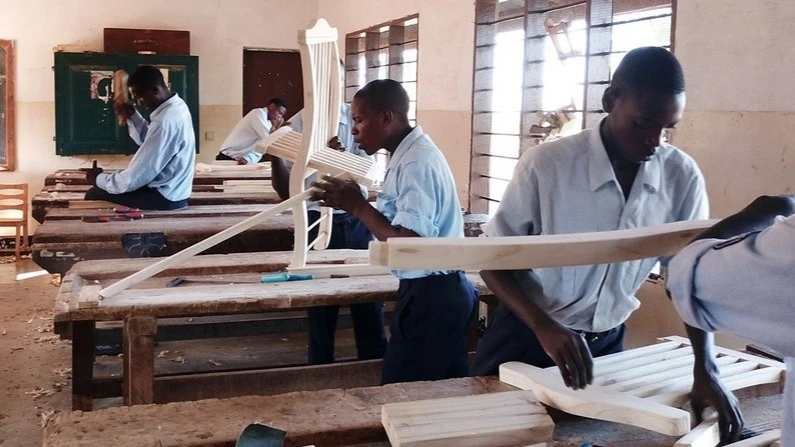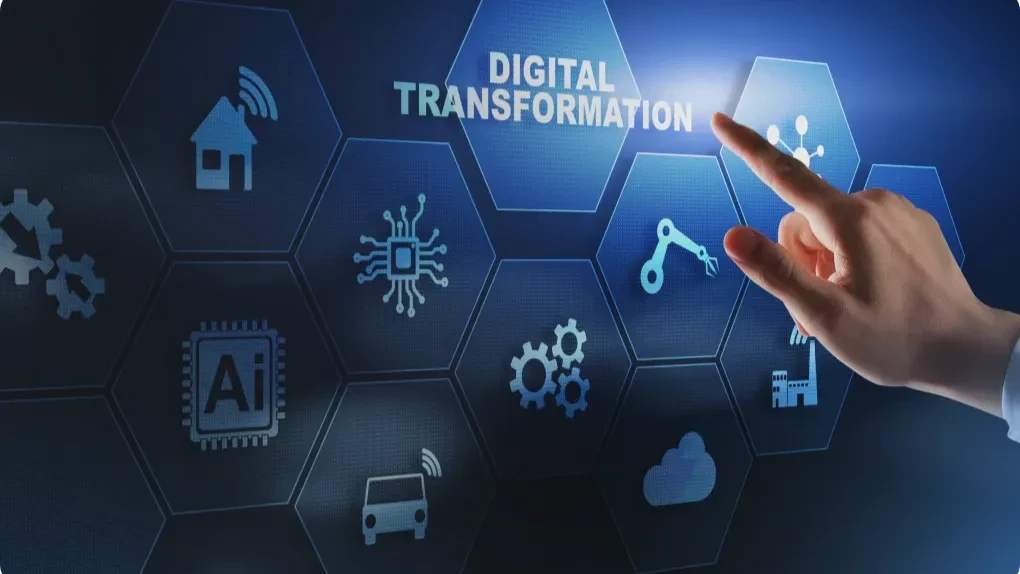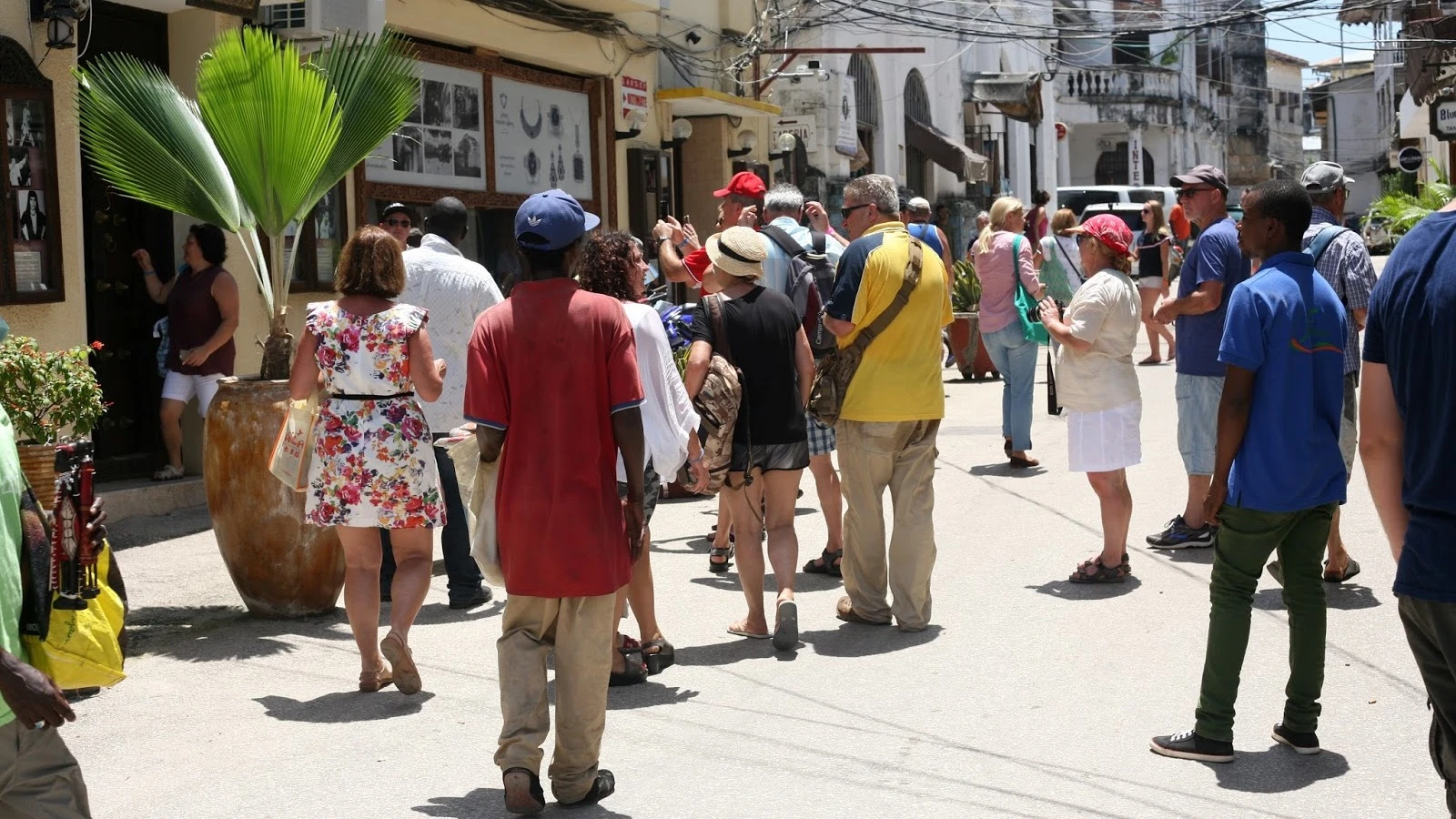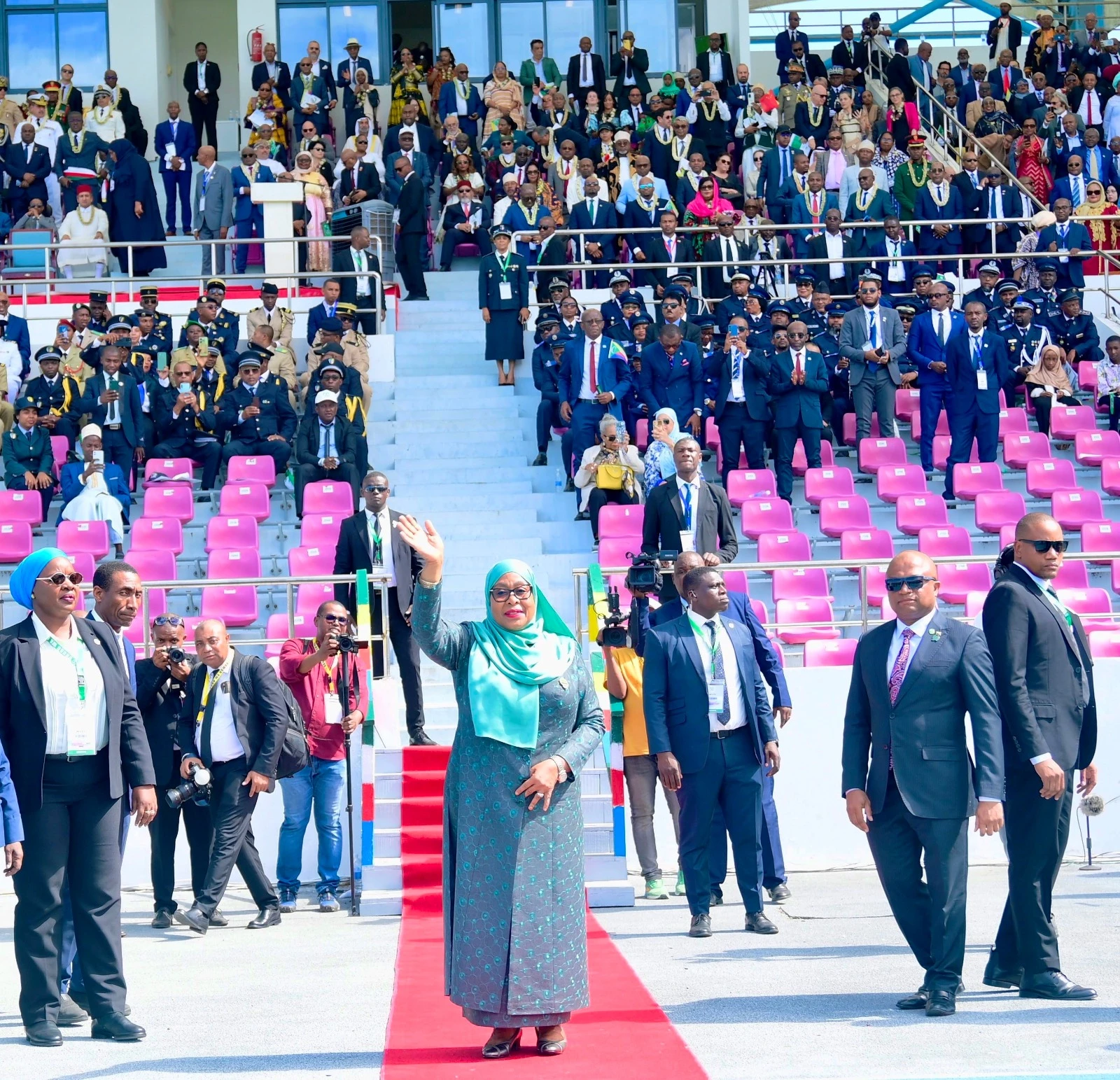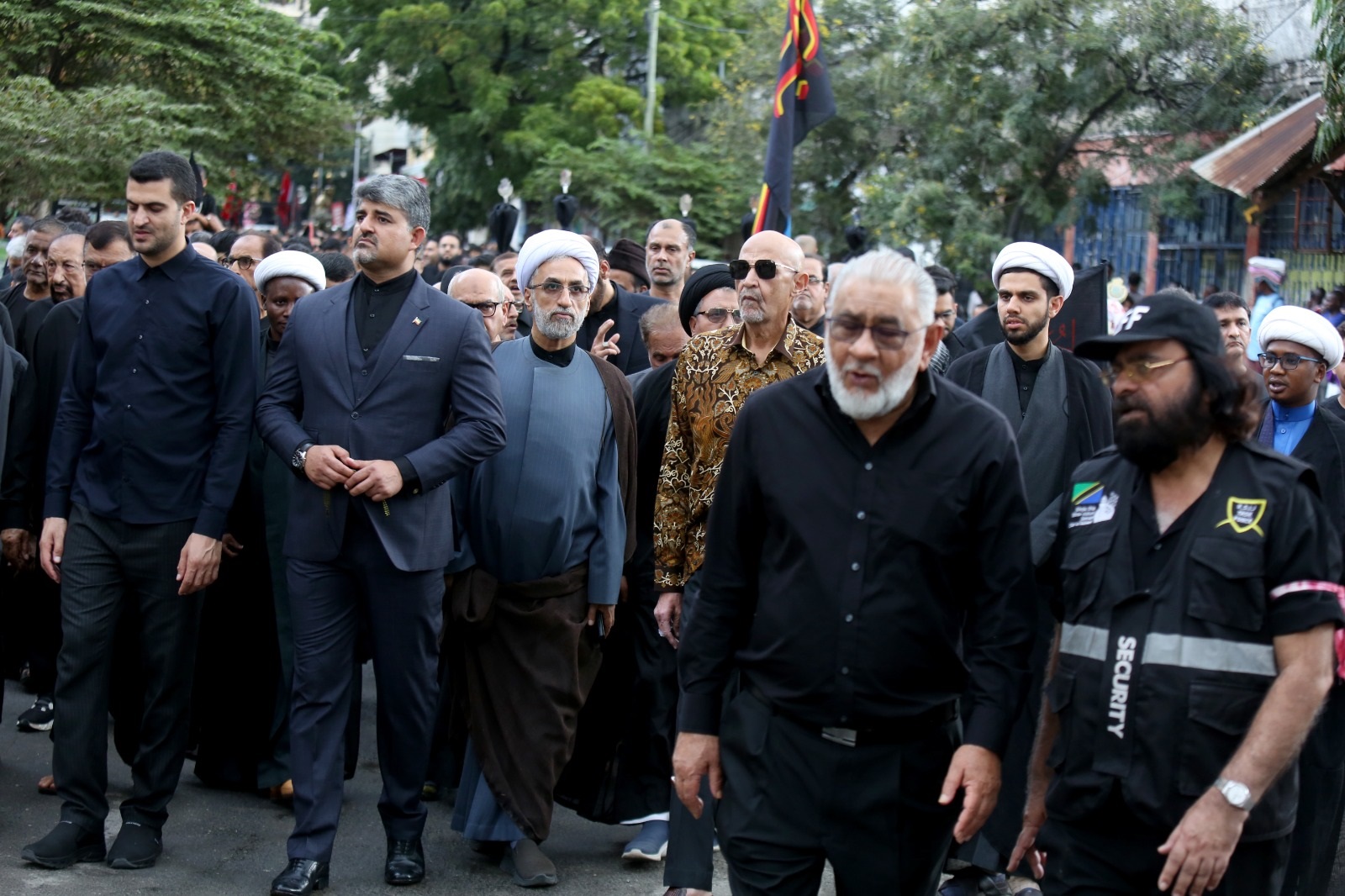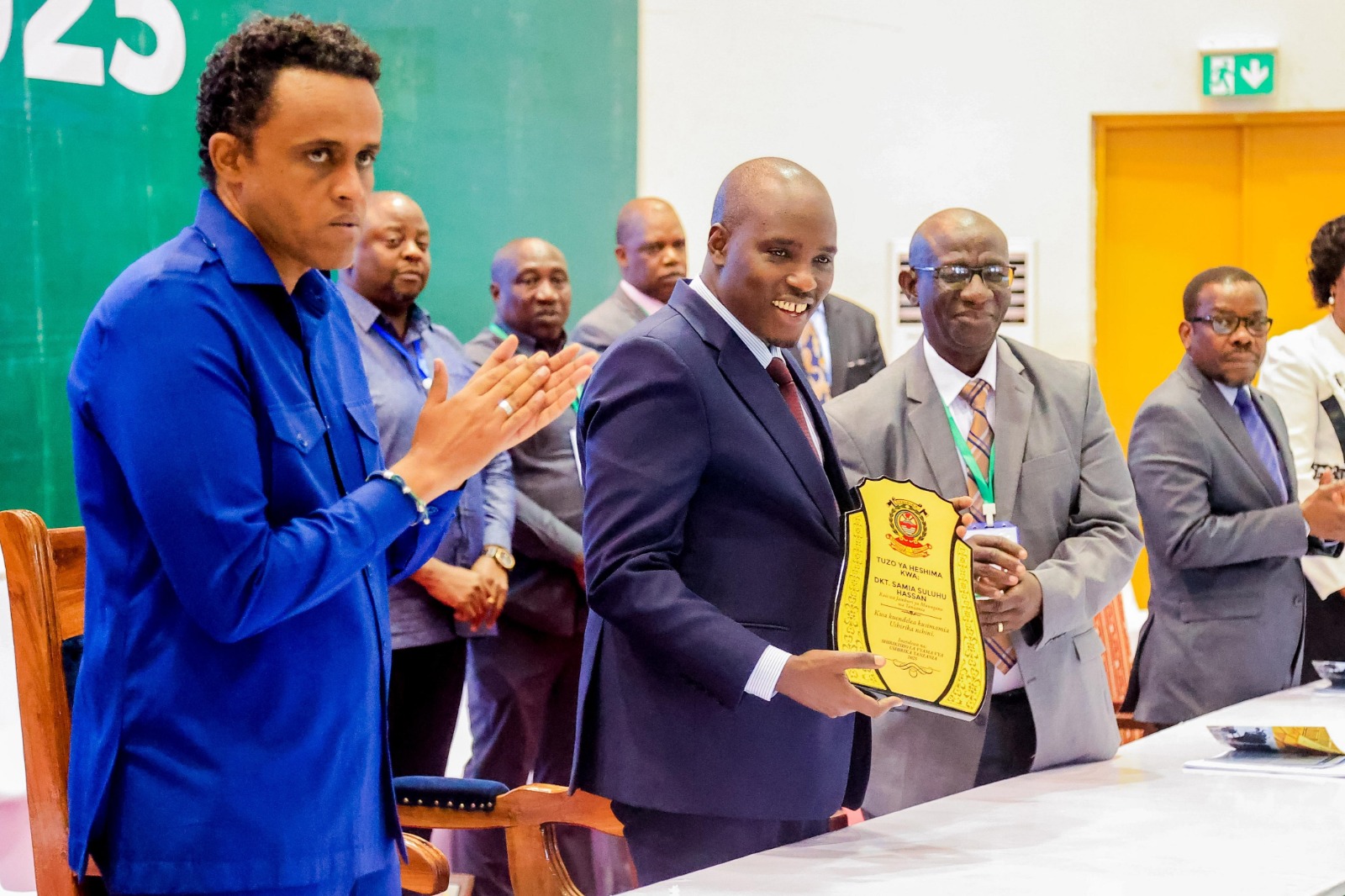Trump’s Africa high stakes: Power, pacts, posturing, pressure and the art of the re-deal
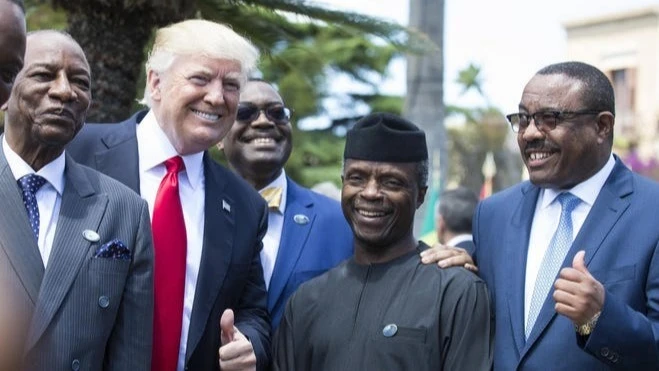
PRESIDENT Donald Trump is preparing to host his first African summit since returning to the White House, and the message it sends is clear: this is about power, positioning, and reestablishing American influence on the continent. From July 9 to 11, five African leaders will gather in Washington for what insiders are already calling a carefully planned, high-stakes event.
This isn’t a ceremonial gathering or a generic diplomatic routine — it’s a calculated move to shape influence, secure strategic deals, and reintroduce Trump’s brand of foreign policy to a region where global competition is intensifying.
The momentum behind the summit took on new urgency following breaking news published on July 2, 2025, at 14:00 GMT. According to information obtained by Africa Intelligence, President Trump will welcome five African leaders for focused talks centered squarely on economic cooperation and security partnerships. The summit’s tight scope — and it’s even tighter guest list — speaks volumes. These leaders weren’t chosen to fill seats. They were chosen to make moves.
And true to form, Trump isn’t treating this summit like a standard bureaucratic fixture. He’s reportedly been directly involved — reviewing briefings himself, pushing aides for actionable outcomes, and zeroing in on how each country fits into his larger strategy.
The tone is purposeful, not performative. He’s not staging a global photo op; he’s staging a recalibration of U.S. engagement in Africa — stripped of frills, centered on results. This is diplomacy, yes, but it's the kind Trump understands: sharp-edged, outcome-driven, and unmistakably personal.
There’s no pretense of unity messaging or continent-wide inclusion. Trump’s approach is clear: keep it lean, keep it focused, and get results. The guest list — deliberately slim — reads like a chessboard of geopolitical intent: Senegal’s Bassirou Diomaye Faye, Liberia’s Joseph Boakai, Gabon’s Brice Clotaire Oligui Nguema, Mauritania’s Mohamed Ould Ghazouani, and Guinea-Bissau’s Umaro Sissoco Embaló. It’s a handpicked blend of reformers, transitional leaders, and regional stabilizers — each selected for what they bring to the U.S. table. This isn’t about grandstanding. It’s about deal-making.
From the start, the planning has revolved around a singular theme: commercial diplomacy. Not diplomacy for diplomacy’s sake, but diplomacy with a yield. Trump wants outcomes. He wants trade frameworks, mineral access, security pacts — and he wants them now. “He’s not interested in talking about Africa,” said one senior diplomat with direct knowledge of the summit, “he’s interested in making moves in Africa.”
Minerals top the list. The race for critical resources — lithium, manganese, rare earths — has become a defining feature of 21st-century statecraft, and Trump doesn’t want to watch China corner the market while Washington dithers. Gabon and Liberia hold vast reserves of what’s needed to power the U.S.’s clean energy future.
This summit aims to fast-track long-delayed negotiations, dust off shelved proposals from Trump’s first term, and secure long-term extraction and supply deals. It’s also about mending fences — unfinished business from four years ago that Trump now sees as ripe for closure.
Brice Oligui Nguema, Gabon’s transitional leader, steps into Washington with both opportunity and baggage. His coup last year rattled institutions, but he’s since shed the fatigues and presented himself as a civilian president steering Gabon back toward stability.
He arrives bearing access to untapped mineral riches. And in a White House where transactional logic reigns, those resources speak louder than any lecture about democratic credentials. Trump’s calculus is simple: if the minerals are secure, the politics can wait.
Joseph Boakai’s Liberia tells a different story. At 80, Boakai is the elder statesman in the room — a symbol of democratic correction after narrowly defeating George Weah. His government is trying to reestablish investor trust, reboot the economy, and distance itself from the stagnation of the past decade. The mining sector — particularly gold and iron ore — is a top pitch. Boakai needs capital. Trump wants access. Both sides come to the table knowing what’s at stake.
In Mauritania, Mohamed Ould Ghazouani offers something Washington values deeply but rarely finds in the Sahel: quiet reliability. A former general who has kept his country largely insulated from the jihadist spillover plaguing its neighbors, Ghazouani has built a reputation as a steady hand. For Trump’s team — far more interested in bilateral security cooperation than multilateral bureaucracy — Mauritania is a strategic linchpin. Expect counterterrorism and maritime security to dominate private talks.
Senegal’s Diomaye Faye adds generational intrigue. Just months ago, he was in prison. Now, he’s leading one of West Africa’s most influential democracies. His win electrified a youth-driven electorate desperate for reform, and his anti-corruption drive is resonating across borders. Faye brings credibility and ambition — and Trump, ever the transactional tactician, sees the value of establishing an early relationship with a leader who could shape West Africa’s future for a decade to come.
Umaro Sissoco Embaló of Guinea-Bissau, perhaps the most unpredictable of the five, walks a finer line. His country is a known node in global narco-trafficking networks, and recent U.S. intelligence has flagged an uptick in maritime smuggling along West Africa’s coastline.
Embaló’s presence suggests a dual agenda: diplomacy, yes — but also enforcement. Washington is ready to offer surveillance tools, naval cooperation, and intelligence support in exchange for credible action against traffickers. It’s a carrot-and-stick policy — but the carrots are being dangled very visibly this time.
And then there’s the silence around Côte d’Ivoire. Alassane Ouattara, whose country boasts one of Africa’s most dynamic economies, was left off the list. It’s a calculated snub. With a contentious election looming and serious questions about democratic backsliding — barred opposition candidates, vague statements about a potential fourth term — the optics of inclusion were deemed too risky.
A U.S. official summed it up bluntly: “We’re not punishing Abidjan, but we’re not endorsing this moment either.” A diplomatic delegation is reportedly en route to D.C., hoping to smooth over what many in West Africa see as a cold shoulder.
None of this is unfolding in isolation. Just days ago, Trump’s administration brokered a breakthrough between Rwanda and the Democratic Republic of Congo — a tentative peace agreement that may culminate in a formal signing ceremony in mid-July.
The summit, strategically timed, builds on that momentum. It’s not just a one-off. It’s part of a pattern — one that projects American engagement on the continent with sharp elbows and deal sheets, not platitudes.
What sets this apart from past U.S.-Africa gatherings is its speed, its narrow focus, and the unmistakable imprint of the man behind it. Trump is reportedly reviewing every country brief personally, asking granular questions about trade flows, loyalty signals, and leverage points. There’s little interest in legacy building for the sake of optics. This is influence, distilled and accelerated.
Inside the White House, the pace is relentless. In under a month, Trump has revived the Africa desk, reactivated backchannel talks, and set the stage for a summit that could reshape America’s role on the continent. This isn’t just routine diplomacy—it's unapologetically direct and very much Trump’s style.
As Trump prepares to meet leaders like Boakai, Faye, and Nguema, these encounters won’t be mere photo ops. They’re deliberate signals that America isn’t pulling back but redefining its approach to Africa, reflecting shifting power and priorities.
For Trump, this summit hits close to home. Drawing on years of business and presidential experience, he sees this as a chance to reclaim influence in a competitive world where Africa’s importance is growing fast. Power, he knows from experience, is earned, not handed out. This isn’t symbolic—it’s a strategic move to put America back in charge, on its terms, reconnecting with a continent full of potential.
Top Headlines
© 2025 IPPMEDIA.COM. ALL RIGHTS RESERVED











